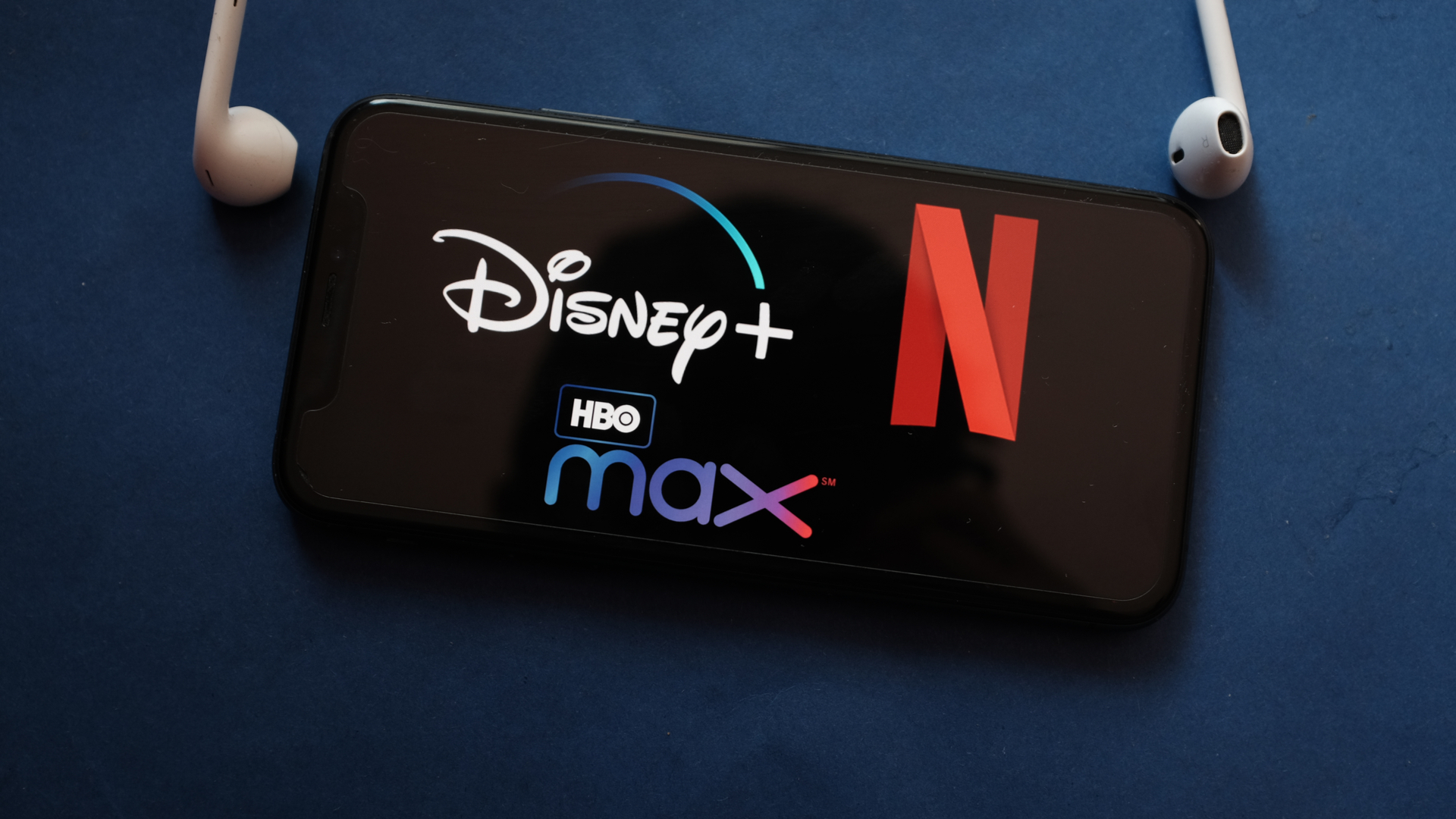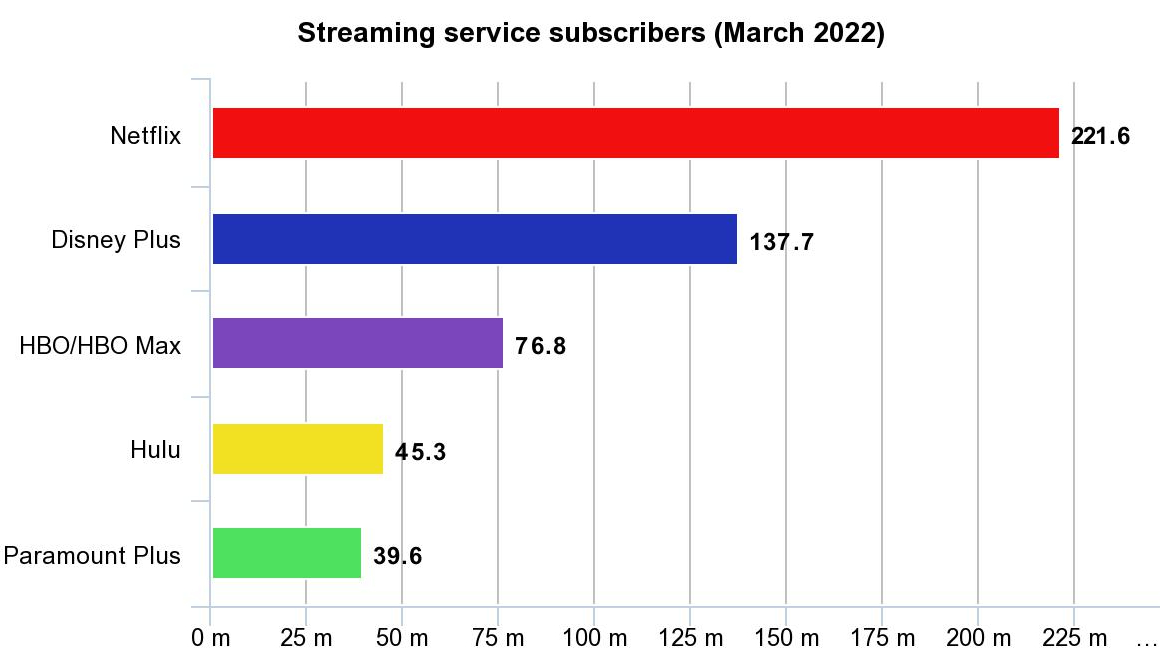
Sign up for breaking news, reviews, opinion, top tech deals, and more.
You are now subscribed
Your newsletter sign-up was successful
HBO Max just passed another major streaming milestone to solidify its standing as the foremost competitor to Netflix and Disney Plus.
For the first time since its launch in 2020, the streamer has featured by name in media analyst Nielsen’s monthly platform rankings, having commanded 1% of total US viewing time in the month of April.
That might not sound like a figure to write home about, but HBO Max had hitherto been confined to the “other streamers” category in the data firm’s regular audience snapshot. For comparison, Disney Plus and Netflix commanded 1.7% and 6.6% of total US viewing time in April, respectively, while streaming services overall broke the 30% barrier for the first time.
The latter statistic isn’t a surprise. Cable viewing ate up just 36.8% of last month’s total viewing time, and it doesn’t seem long before streaming becomes the dominant method for accessing entertainment worldwide (overall TV use fell by almost 2% versus March).
But HBO’s continued momentum suggests Netflix and Disney Plus won't be the only services responsible for the shift when that time comes. The latter still boasts almost twice as many subscribers at the time of writing, though with Netflix leaking customers en masse and HBO Max expanding rapidly through European territories, the Warner Bros. Discovery streamer has every chance of levelling the playing field in the coming years.

Back in January, we published an article detailing the exceptional year HBO Max enjoyed in 2021 – the service surpassed its year-end subscriber goal and then some – but we also warned against expecting it to repeat that same success in 2022.
Our skepticism came from fears that the global pandemic drove a disproportionate amount of subscribers to HBO Max in 2021, with Warner’s day-and-date release schedule making blockbusters like The Suicide Squad, The Matrix Resurrections and Dune available to watch on the streamer at the same time as their respective theatrical releases (essentially making HBO Max a hotter property than it otherwise might have been).
Sign up for breaking news, reviews, opinion, top tech deals, and more.
Warner axed day-and-date movie releases at the turn of the year, suggesting HBO Max wouldn't benefit from a similar injection of subscribers in 2022 – but the streamer’s recent content slate has nonetheless continued to prove critically and commercially attractive.
Despite not releasing simultaneously on HBO Max and in theaters, tentpole movies like The Batman have still landed on the streamer after 45 days, while new shows including Euphoria, Peacemaker and The Flight attendant rank among this year’s most popular TV releases.
The HBO library is only set to get better, too. The likes of Westworld season 4, Game of Thrones spin-off House of the Dragon and (we think) The Last of Us series are all set to arrive on HBO Max before the year is out, while new instalments of Barry and Succession are also on the way.
The point being, with all the noise around the struggles facing Netflix and the relentless coverage for Disney’s Star Wars and Marvel properties, it can be easy to think of the so-called streaming wars as a two-horse race. But HBO Max is in rude health, and the service may even come to usurp one of its two biggest rivals should its purple patch continue amid HBO's global expansion.

Axel is TechRadar's Phones Editor, reporting on everything from the latest Apple developments to newest AI breakthroughs as part of the site's Mobile Computing vertical. Having previously written for publications including Esquire and FourFourTwo, Axel is well-versed in the applications of technology beyond the desktop, and his coverage extends from general reporting and analysis to in-depth interviews and opinion.
Axel studied for a degree in English Literature at the University of Warwick before joining TechRadar in 2020, where he earned an NCTJ qualification as part of the company’s inaugural digital training scheme.